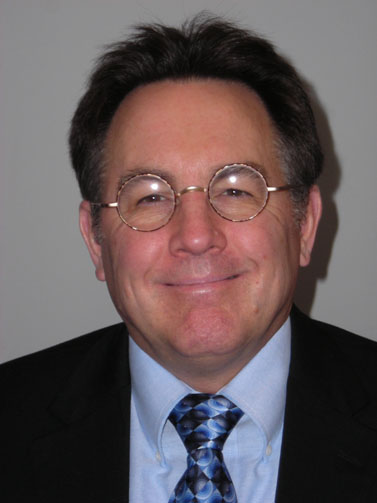
Stephen M. Onifer, PhD
Professor
University of Kentucky, Spinal Cord and Brain Injury Research Center, USA
Dr, Onifer has a broad expertise in central nervous system injury and repair specifically as it relates to traumatic spinal cord injury (SCI). After completing his American Heart Association fellowship-funded thesis project about functional, embryonic neural cells transplantation for the ischemic brain at Indiana University School of Medicine, he went to The Miami Project to Cure Paralysis at the University of Miami School of Medicine for post-doctoral training. He evaluated the fate of neural progenitor cells following transplantation into the normal and injured brain and spinal cord. Subsequently, he assisted with the development of the second, clinically relevant adult rat model of contusive cervical SCI. After being promoted to Instructor in the Department of Neurological Surgery, he used his foundation grant funding to test hypotheses about functional axonal regeneration following transection thoracic SCI. Upon joining the Departments of Neurosurgery and Anatomical Sciences & Neurobiology at the University of Louisville as an Assistant Professor, he used his NIH/NINDS RO1 grant funding and NIH/NCRR/COBRE project funding to test hypotheses about functional sensory axonal regeneration after laceration cervical SCI. He also was a founding faculty member of the Kentucky Spinal Cord Injury Research Center. As a Research Assistant and Associate Professor in the Spinal Cord & Brain Injury Research Center and Department of Anatomy & Neurobiology at the University of Kentucky College of Medicine, he is using his Kentucky Spinal Cord & Head Injury Research Trust grant funding to further test a hypothesis derived from his previous NIH funding projects. It is that combining chondroitinase ABC administration, to degrade inhibitory chondroitin sulfate proteoglycans and promote sensory axon collateral sprouting, after laceration cervical SCI with forelimb rehabilitation will improve forelimb function recovery. His long-term goal is to translate adaptive plasticity treatments to spinal cord injured persons. As a faculty member, he has been the primary mentor of M.D./Ph.D., graduate, medical, undergraduate, and high school students during their research training. He annually gives presentations about a SCI research career to high school students. He also serves as a volunteer and liaison to a community-based SCI organization. He also reviews neurotrauma-related grants and manuscripts.
Central nervous system trauma, disease, inflammation; spinal cord injury; adaptive and maladaptive plasticity; pharmacological and rehabilitation treatment development; spontaneous and enhanced sensorimotor recovery.
Journal of Spine received 2022 citations as per Google Scholar report